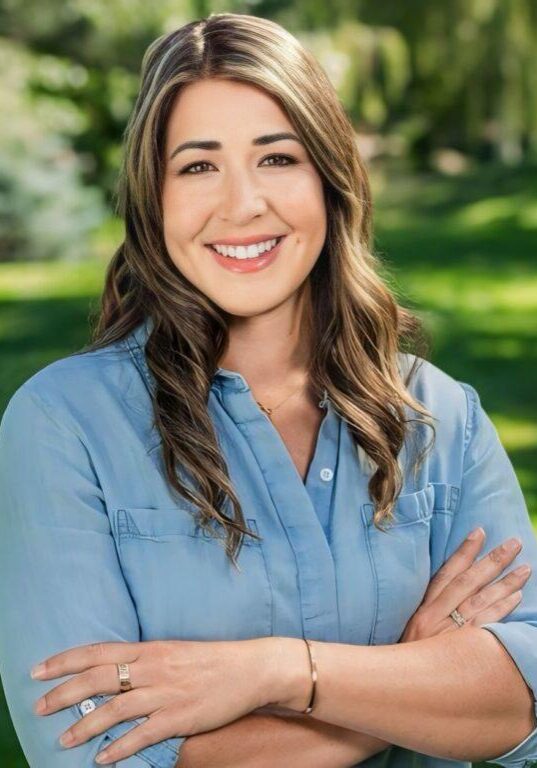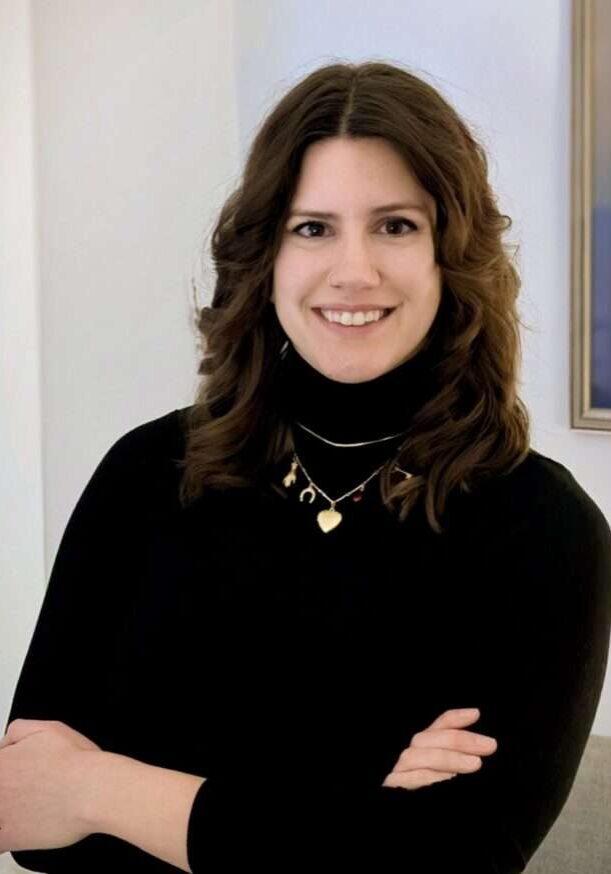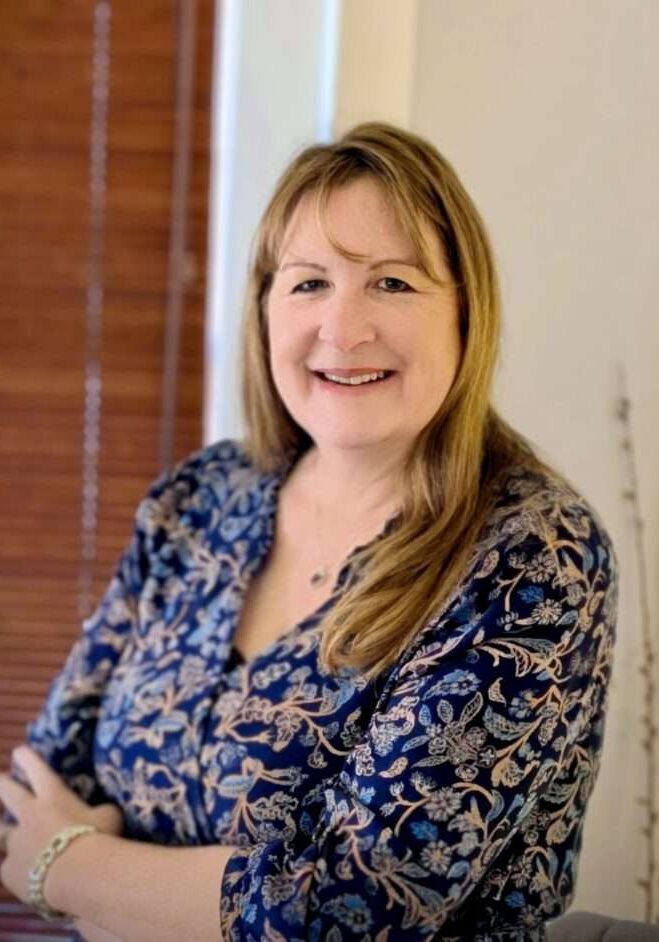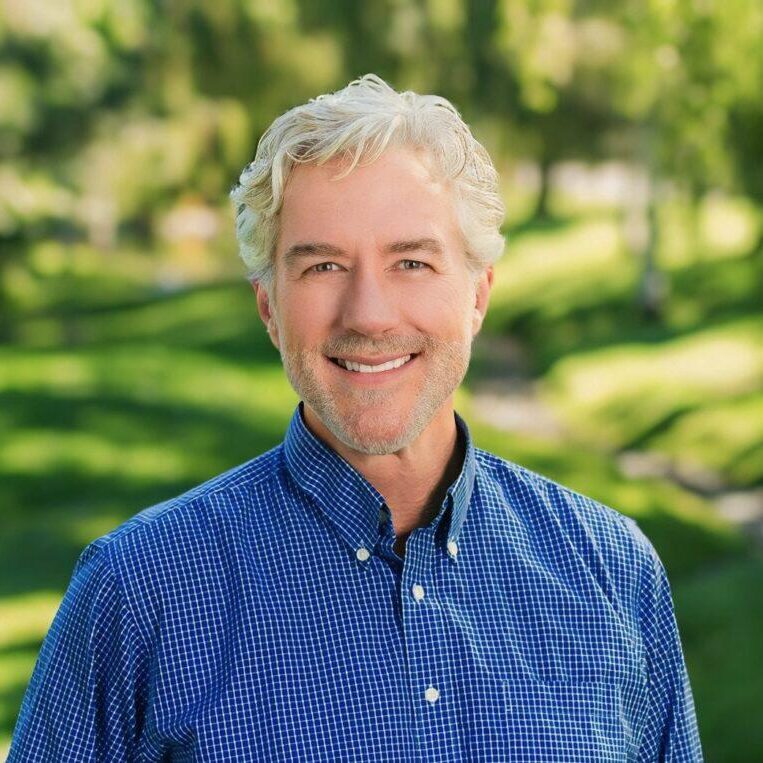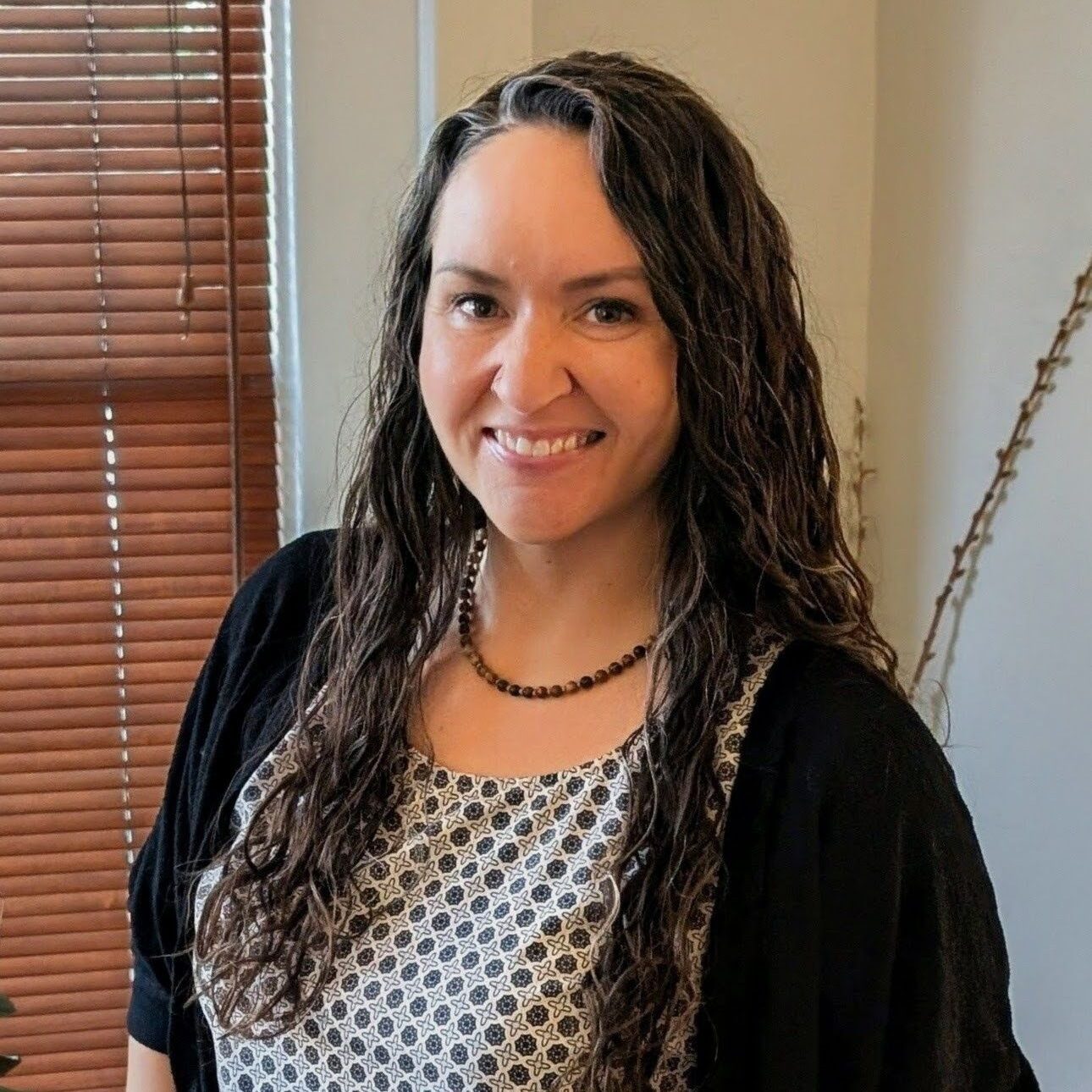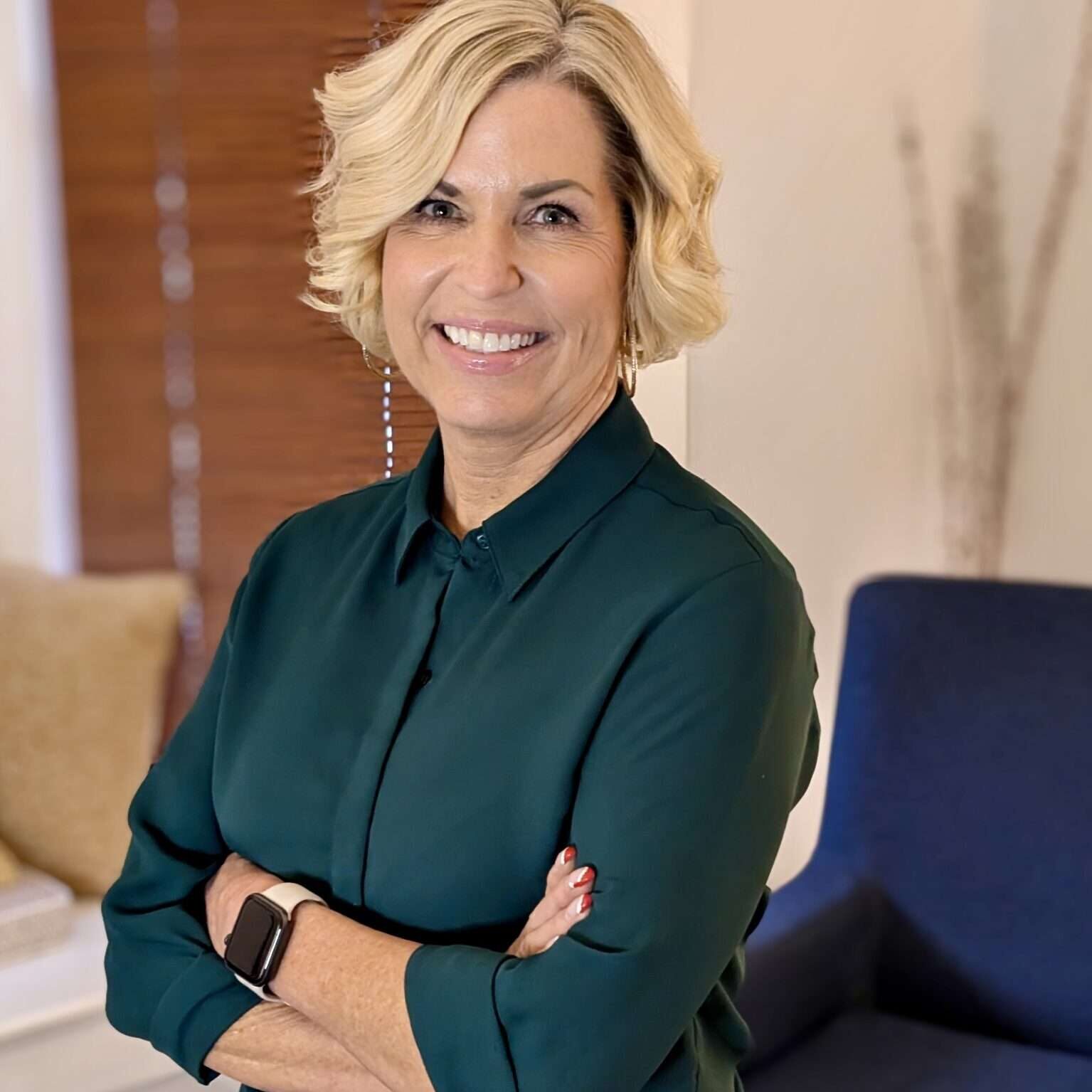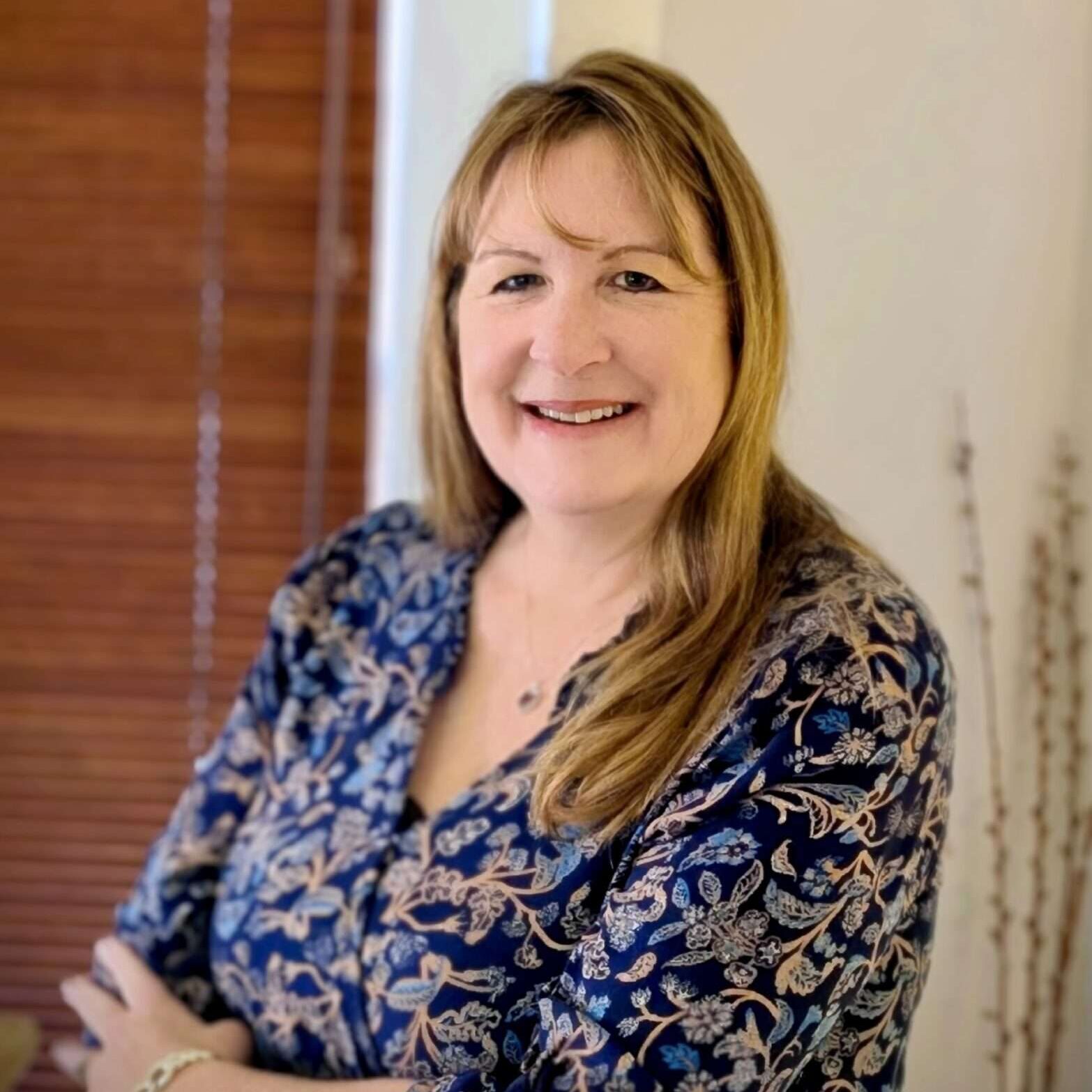Marriage Counseling & Couples Therapy in Reno, NV
You don't have to navigate this disconnect alone. Now accepting new couples in Reno. Book your free 15-minute consultation this week. Consultations are always no cost and no obligation.

Disconnected and unheard?
If you’re tired of repeating the same fights and feeling emotionally alone, you’re not failing—your relationship is stuck in a pattern that can be changed. We use active, research-backed methods to help you break stuck cycles, rebuild trust, and find your way back to each other.
At our Reno-based marriage counseling and couples therapy practice we specialize in helping partners restore trust, emotional closeness, and real understanding. We are here to help you rebuild the connection you both deserve.

Have a question? Reach out to Tammy today.
This first conversation is a chance to talk through what’s been going on and what you’re hoping for. We’ll use this time to see whether working together feels like a good fit and to answer any questions you may have. There’s no cost for this conversation and no obligation to continue.
What to Expect in Our Marriage Counseling & Couples Therapy in Reno
Your First Steps Toward Connection Taking the first step can feel vulnerable, so we make the process as clear and supportive as possible:
-
Free Initial Consultation: A brief, no-pressure call to see if we’re the right fit for your needs. When you reach out, you’ll connect with our Care Coordinator, Tammy, who will help guide you through these first steps and match you with the right therapist for your needs.
-
The First Session: We’ll meet in a safe, confidential space to understand your unique "cycle" and what you both hope to change.
-
A Clear Path Forward: You won’t just vent; you’ll leave with a better understanding of why you've been stuck and a roadmap for how we’ll help you reconnect.
Couples therapy works best when you feel emotionally safe, understood, and supported — not blamed or judged.
Affirming, non-blaming approach that helps both partners feel heard
Rebuild trust and repair hurt
Break negative cycles & patterns that keep you stuck
Restore emotional and sexual connection
Improve communication and closeness
Research-based couples therapy in Reno, NV
What Clients Say About Couples Therapy with Us
Many couples tell us that what changes first is not the conflict itself, but how safe it feels to talk about it.
“Before therapy, every argument felt like we were going in circles and drifting further apart. We both cared deeply, but didn’t know how to reach each other without things escalating. In therapy, we finally slowed things down enough to feel heard and understood. Now, when we hit a bump, it feels safer to talk about what’s really happening, and we’re able to find our way back to each other instead of getting stuck.”— N.D., former client (shared with permission)
Couples in Reno trust us to help them rebuild connection and emotional safety. Read what others have had to say.
When Relationships Start to Feel Hard
Most couples don’t come to therapy because they’ve stopped caring — they come because they still care deeply but can’t seem to find their way back to each other. The closeness that once felt effortless can start to feel distant. Conversations that used to connect may turn into arguments or silence. It can leave both of you feeling lonely, frustrated, or unsure what happened to the partnership you built together.
If you’re feeling disconnected or stuck, EFT couples therapy in Reno can help you find your way forward together. Our type of therapy isn’t about deciding who’s right or wrong — it’s about creating a new sense of security and closeness so that love feels more reachable again.
A brief, no-cost call to talk through your specific situation and how we can help.
Common Questions Couples Ask in Therapy (and How We Help in Reno, NV)
These are common concerns couples share with us as they begin therapy.
Why Can’t We Talk Without Fighting in Our Relationship?
It’s common to get stuck in cycles of blame, defensiveness, or shutdown during arguments. Often, it’s not just about what you’re fighting about—it’s about feeling unheard or unsupported. The couples therapy we do helps you slow down reactive patterns, understand each other’s deeper needs and fears, and learn skills to talk about hard topics without escalating into conflict.
How Can We Rebuild Trust After Betrayal or Conflict?
Rebuilding trust takes time, vulnerability, and a safe environment. In therapy, you’ll learn how to share the impact of past hurts, take accountability, and respond to each other with empathy. Together, you’ll create clear agreements and practices that help rebuild safety, trust and reliability in your relationship.
Sometimes, processing these deep personal wounds is most effective through specialized individual therapy alongside our work as a couple
Why Do Couples Keep Having the Same Arguments?
Recurring arguments often come from unspoken fears or needs beneath the surface. You may be fighting about chores or money on the surface, but underneath, you’re longing for reassurance or closeness. Our couples therapy in Reno helps you recognize these hidden patterns and break free from cycles that keep you stuck.
How Can We Handle Conflict Without Constant Fighting?
Conflict doesn’t have to feel destructive. In therapy, you’ll learn how to approach disagreements with curiosity instead of criticism. You’ll practice listening without interrupting, sharing your feelings without blame, and finding common ground even when you disagree.
How Do We Feel Close Again After Growing Apart in our Marriage?
When couples drift apart, it’s often because negative cycles have eroded the sense of safety and connection. Emotionally Focused Therapy helps you identify the patterns that create distance and understand the deeper emotions driving them. In therapy, you’ll learn to share your softer feelings and needs in a way your partner can hear. This process of reaching for each other with openness and vulnerability helps rebuild trust, emotional closeness, and a stronger bond.
Why Is It So Hard to Share How I Feel in our Relationship?
Many people fear that being vulnerable will lead to rejection or more conflict. In therapy, you’ll learn how to express your emotions safely and clearly, and how to hear your partner’s feelings without judgment. This builds emotional security and helps you both feel more understood.
How Can I Be Myself in My Relationship Again?
When conflict or mistrust grows, it’s easy to lose your sense of self. In couples therapy, you’ll rediscover your authentic voice and feel safe being fully present with your partner. Together, we’ll work on building a connection where both of you feel seen, valued, and accepted.
While couples therapy helps you find each other, individual therapy can be a powerful tool for rediscovering your own authentic voice and personal needs.
How Do We Stop Parenting Conflicts From Hurting Our Relationship?
Parenting disagreements often touch deep values and can feel overwhelming. In therapy, you’ll learn how to navigate those differences calmly, align on what matters most, and support each other as a united team—even when you don’t fully agree.
What Sets Emotionally Focused Therapy for Couples Apart?
Here’s how EFT couples counseling helps you create lasting, meaningful change in your relationship:
➤ It Addresses Universal Attachment Needs
Emotionally Focused Therapy (EFT) is grounded in attachment science. It helps you and your partner understand and strengthen the bond you share by exploring your deep need for connection and security. In couples counseling here in Reno, you’ll learn how to create a relationship that feels more secure, supportive, and fulfilling.
➤ It Creates an Inclusive, Affirming Space
EFT welcomes and affirms all couples, including LGBTQ+ partners. You’ll have a safe, nonjudgmental space where your relationship is valued and respected.
➤ It Improves Emotional Communication
EFT couples counseling in Reno helps you express your feelings and needs openly. With guidance, you’ll learn how to share what matters most in ways that build understanding, trust, and closeness.
➤ It Resolves Conflict at the Root
Instead of staying stuck in the same arguments, EFT guides you to the deeper emotions beneath the surface. By understanding what’s really driving conflict, you can create lasting change together.
➤ It Builds Lasting Resilience Together
EFT gives you tools to handle challenges side by side. Over time, you’ll strengthen your ability to support each other and keep your bond strong. With EFT couples counseling in Reno, you’ll have a roadmap to sustain a healthy, connected relationship.
➤ It Honors Culture and Identity
EFT therapists honor the impact of culture, identity, and life experiences on your relationship. Therapy is tailored to be inclusive, meaningful, and relevant to you.
Worried That Couples Therapy Might Make Things Worse?
Is Your Marriage in Trouble? Watch Dr. Sue Johnson Explain the Warning Signs
A Welcome from Our Team
Reno Marriage Counseling & Couples Therapy: Frequently Asked Questions
Looking for Individual Support Alongside Couples Work?
Some clients find that their relationship work moves faster when they also have a dedicated space for individual counseling in Reno. Our therapists will be happy to take the time to explore this with you.
Our Team: Couples Counseling in Reno
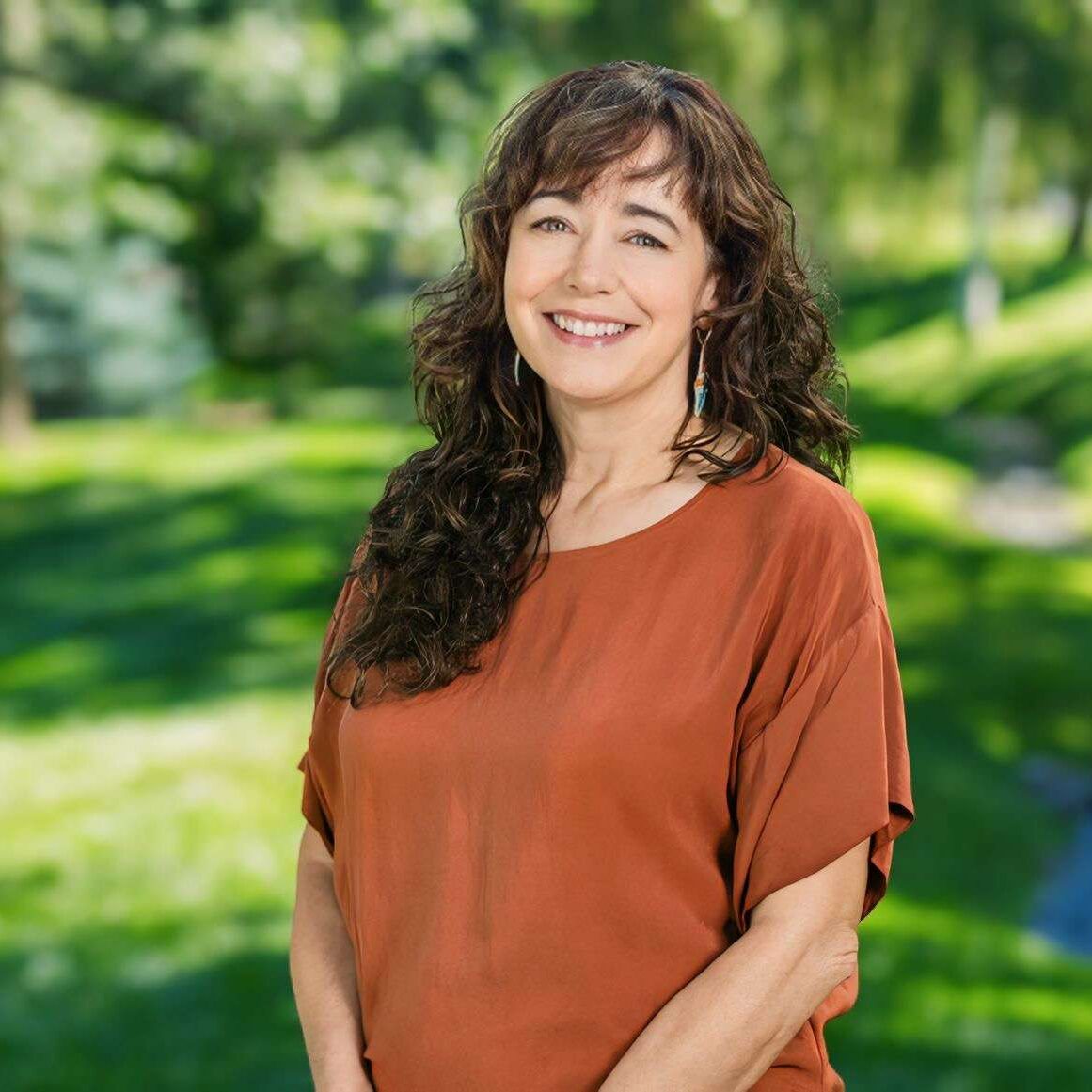
Care Coordinator
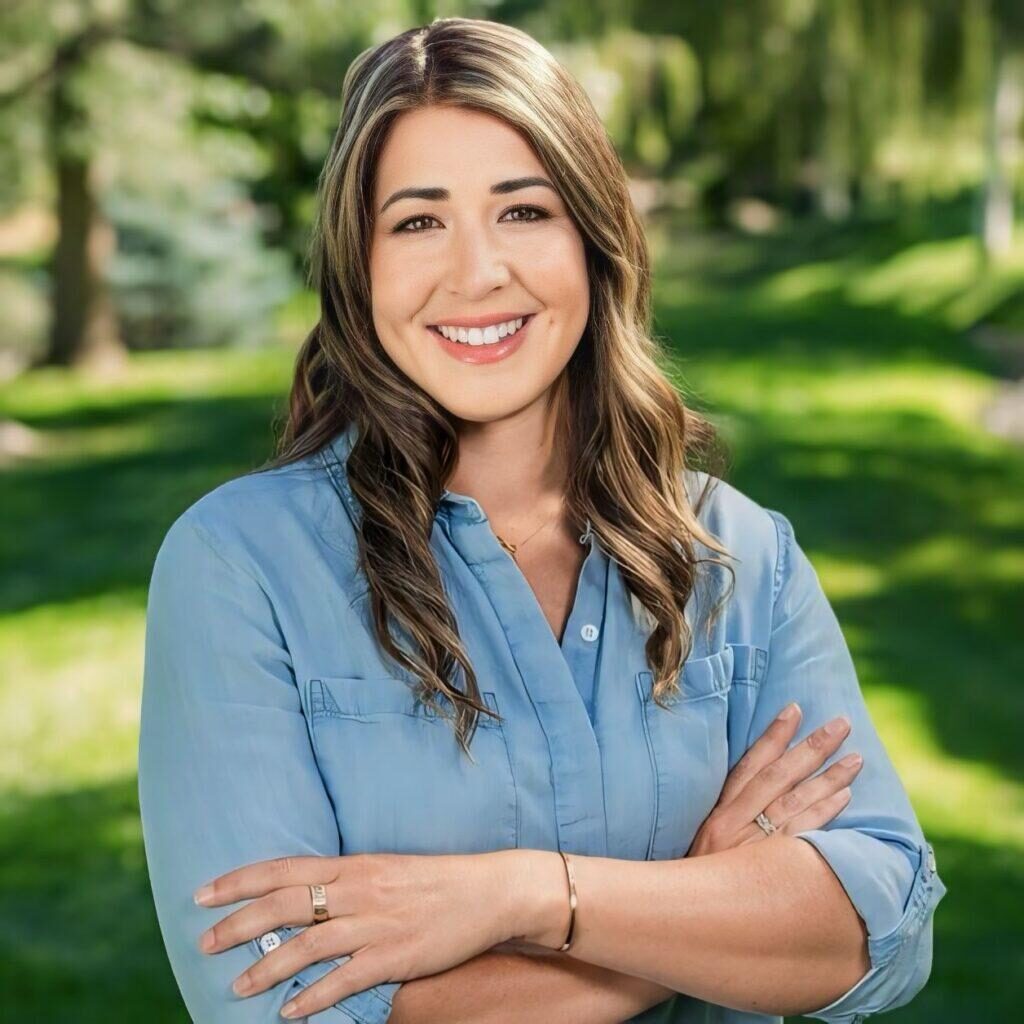
Couples & Individuals
EFT, Brainspotting

Adolescents, Adults, Couples
Find Our Offices- Couples Therapy / Marriage Counseling in Reno NV
Our offices are conveniently located in downtown Reno, NV between Liberty St. and California Ave, a block east of Arlington Ave. We are near the Nevada Museum of Art, Cheese Board Restaurant and Wingfield Park.
We provide inclusive, accepting couples therapy, marriage counseling, premarital counseling, and help with communication and relationship challenges in Reno, NV.
Crisis Support: This practice does not provide acute care or emergency services. If you are experiencing a mental health emergency, please call 911 or text/call the Suicide & Crisis Lifeline at 988 immediately.


